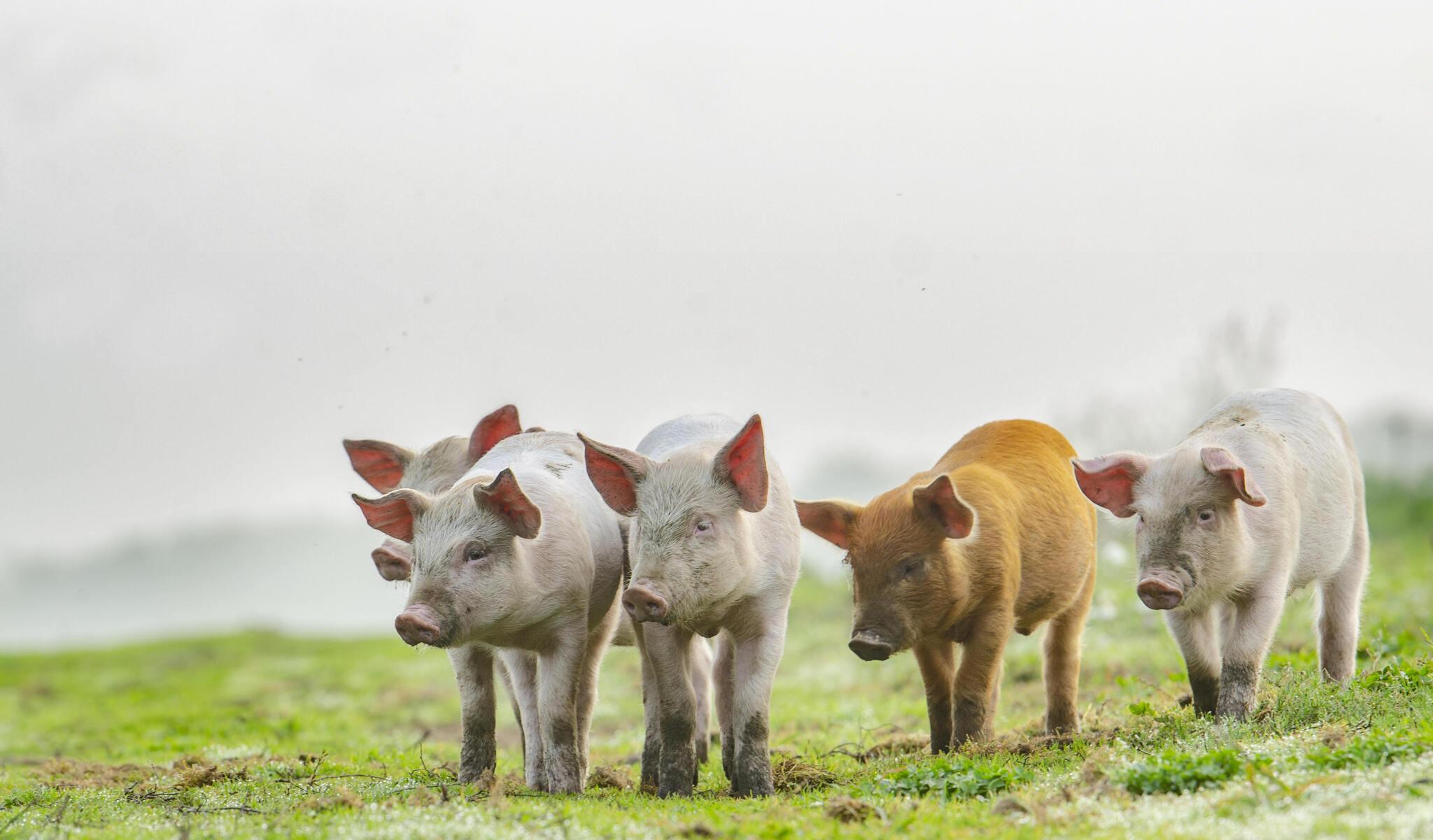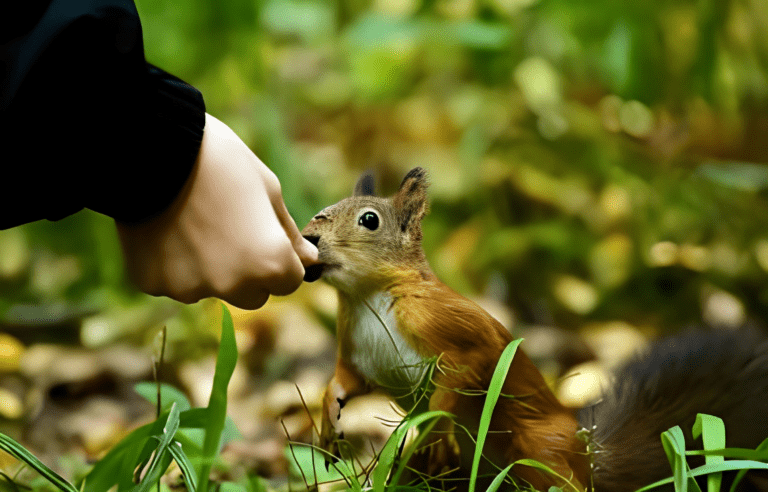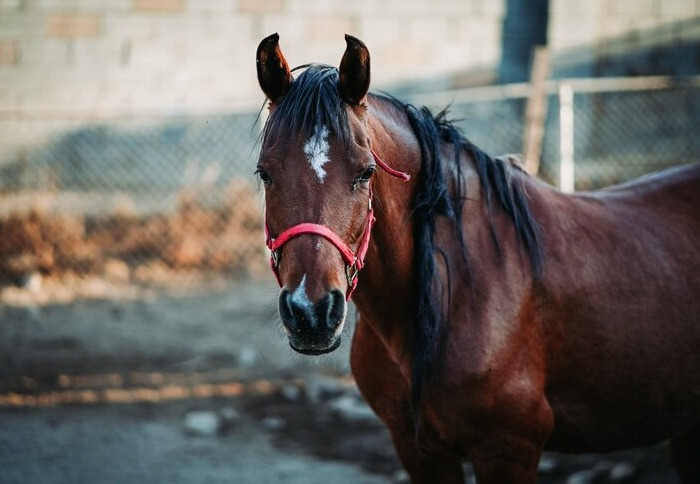Pigs Favorite Food Choices: Unveiling Their Preferred Menu
Discover the delectable world of pigs favorite food! From fruits to veggies, grains, and more, explore the diverse diet that keeps these charming creatures content and thriving.
Introduction
The diet of pigs, whether in the wild or under domestication, is diverse and adaptable. Understanding their dietary habits is imperative for their well-being. Pigs are omnivores, which means they can consume both plant-based as well as animal-based foods. Natural instincts, habitat, and human intervention influence their dietary needs.
Pigs Favorite Food
Pigs have surprisingly specific food preferences, much like humans. Some pigs are picky eaters, while others are more adventurous. Here are some key insights:
- Pigs’ Favorite Foods: Many pigs love cooked vegetables like broccoli, yams, and potatoes, as well as fruits such as grapes, melons, and berries. They also enjoy greens like kale, spinach, and dark lettuce.
- Picky Choices: Some pigs are selective, disliking foods like artichokes, eggplant, and asparagus. Others might enjoy these foods, but they generally detest cabbage, onions, and cauliflower.
- Favorite Treats for Visitors: When feeding pigs, vegetarian dog biscuits, fresh fruit, and unsalted snacks like popcorn or peanuts are great choices.
Pigs are known to get so excited about food that they foam at the mouth in anticipation—this is completely normal and a sign to give them a treat!

Common Foods Pigs Enjoy
Pigs, much like humans, can be surprisingly particular about their food preferences. While some pigs are picky eaters, others enjoy a more adventurous variety of foods, from fruits to hearty vegetables.
Fruits and Vegetables They Love
Pigs are fond of many cooked vegetables, with broccoli, yams, and potatoes being among their favorites. They also love fruits like grapes, melons, and berries, which offer both sweetness and hydration. Pigs thrive on leafy greens such as kale, spinach, and dark green lettuce, which provide them with essential vitamins and minerals for balanced nutrition.
Picky Eaters and Food Dislikes
Some pigs can be selective, avoiding foods like artichokes, eggplant, and asparagus. On the other hand, most pigs outright dislike cabbage, onions, and cauliflower, showing clear preferences for what they want to eat.
Treats Pigs Can’t Resist
Visitors feeding pigs should keep in mind their favorite snacks, such as vegetarian dog biscuits, fresh fruit, and unsalted snacks like popcorn or peanuts. These treats are surefire ways to keep pigs happy and excited.
Domesticated Pigs and Their Diet
Unlike their wild counterparts, domesticated pigs eat a controlled diet. Farmers and caretakers play an important role in selecting the type of food that is provided to the animals on farms and in households.
Feeding Practices in Farms
Pigs raised on farms typically receive a formulated diet that is designed to meet their nutritional needs. The feed is carefully regulated and adjusted to support growth, reproduction, and overall health. The diet often consists of grains, vegetables, fruits, and supplements.
Balanced Diet Requirements
In order to maintain optimal health, domesticated pigs require a balanced diet, which includes a combination of carbohydrates, proteins, fats, vitamins, and minerals. A well-designed diet contributes to their growth, immunity, and overall health.

Factors Influencing Pig Food Preferences
There are a number of factors that influence a pig’s food preferences, including the following:
Age
Piglets and younger pigs often display a curiosity for diverse food options. As a result of their exploratory behavior, they sample different foods, demonstrating a greater willingness to be exposed to new flavors and textures. Based on their prior experience and what they have grown accustomed to eating, their food preferences can become more established as they mature.
Environment
The environment in which pigs reside significantly influences their dietary choices. Different habitats provide varying foods. It is possible for pigs living in rural areas to have access to a broader range of natural foods, including roots, plants, and insects, whereas those living in urban areas may be able to obtain most of their food from humans.
Health Conditions
A pig’s health plays a crucial role in dictating its food preferences. Illness or health issues can affect their appetite and what they are willing to consume. Pigs can adjust their food choices based on their physical condition, sometimes favoring certain foods which they perceive to be beneficial to their recovery.
Considerations for a Healthy Pig Diet
The key to maintaining a healthy diet for pigs is to understand their nutritional requirements and to avoid foods that are harmful to their health.
Nutritional Needs
To maintain optimal health, pigs require a well-balanced diet that is rich in carbohydrates, proteins, fats, vitamins, and minerals. An ideal diet is one that promotes healthy growth, immunity, and vitality.
Avoidance of Harmful Foods
Foods such as chocolate, onions, and avocados can be harmful or toxic to pigs. Vigilance in their diet is essential to ensuring their well-being. It is important to prevent them from accessing such items, as consumption can result in severe health complications or even fatalities.
FAQs
What is the primary food preference for pigs?
There are many different types of foods that pigs like to consume, however, their primary preferences tend to revolve around fruits, vegetables, grains, and proteins since they are omnivorous in nature.
Can pigs consume fruits like apples and watermelons?
The answer to this question is absolutely yes! Apples and watermelons are among the pigs’ favorite fruits. They enjoy the sweet, juicy taste of these fruits as well as the fact that they are hydrating.
Are there any foods that pigs should avoid?
Even though pigs are known to be picky eaters, some food like chocolate, avocado, and herbs can be harmful for them, so it is essential to research and develop a safe and suitable diet for them.
What role do supplements play in a pig’s diet?
Supplements, particularly minerals and vitamins, complement a pig’s diet, ensuring they receive essential nutrients vital for their growth and well-being.
Can pigs eat cooked eggs?
It is true that cooked eggs are a delightful treat for pigs, as they are an excellent source of protein and contribute to their balanced diet as well.
How important is it to maintain variety in a pig’s diet?
The key to a pig’s diet must be variety because it ensures that they receive a varied range of nutrients necessary for their overall health and development.
Conclusion
If we are to ensure the health and happiness of pigs, it is imperative that we understand their dietary preferences, whether they are in their natural habitat or under human care. The provision of a healthy and balanced diet that takes into account their preferences and nutritional requirements contributes significantly to their overall vitality and well-being, ensuring a fulfilling life for these remarkable creatures.







